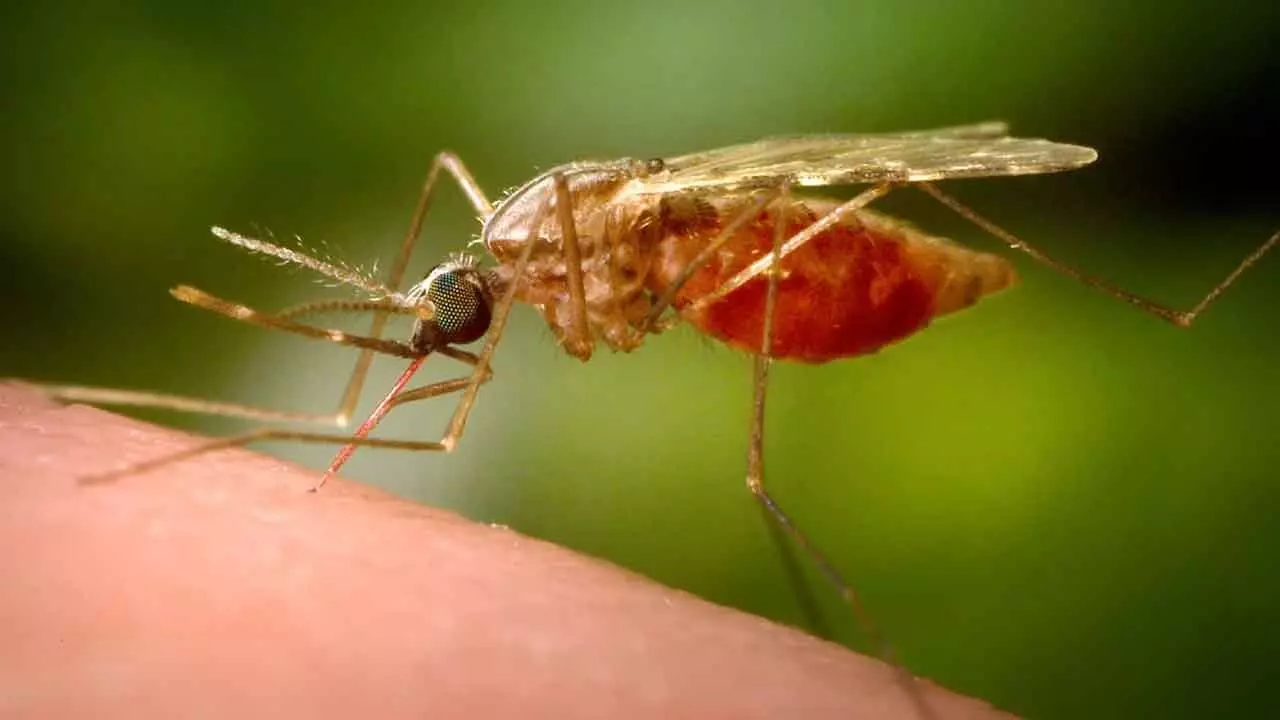Heightened Risk of Eastern Equine Encephalitis (EEE) Virus in Massachusetts

Andhra Pradesh Starts Smart AI System to Stop Mosquitoes and Diseases
State officials have issued a warning to residents of Massachusetts, highlighting an increased risk of the Eastern Equine Encephalitis (EEE) virus. Ten communities have been designated as high or critical risk, leading to preventive measures such as aerial and truck-based mosquito spraying in Plymouth and Worcester counties. The Massachusetts Department of Public Health has urged residents to adopt precautions, including wearing protective clothing and using insect repellents to minimize mosquito bites.
Elevated EEE Risk Prompts Mosquito Control Efforts
The alert comes as the state experiences its first EEE outbreak in four years, with aerial mosquito spraying planned for Plymouth County and truck-based spraying set for Worcester County. State officials are acting swiftly to mitigate the spread of the virus. According to Robbie Goldstein, Commissioner of the Massachusetts Department of Public Health, the reappearance of EEE has heightened the risk in certain parts of the state. "We have not seen an outbreak of EEE for four years in Massachusetts," said Goldstein, stressing the need for concerted efforts to protect communities.
Precautionary Measures for Residents
To help prevent mosquito bites and reduce the likelihood of contracting EEE, residents are advised to wear long-sleeved clothing and pants when outdoors, especially during peak mosquito activity times. In addition, using insect repellent and avoiding outdoor activities at dawn and dusk are recommended. Town officials in Plymouth have already taken action by closing public parks from dusk to dawn to limit exposure to mosquitoes.
First Human Case Confirmed
The situation escalated with the confirmation of the first human case of EEE in Worcester County on August 16. This development highlights the urgency of the state’s response as officials work to contain the spread of the virus.
Understanding the EEE Virus
Eastern Equine Encephalitis (EEE) is a rare but serious viral disease transmitted to humans through the bites of infected mosquitoes. Cases are typically reported in eastern and Gulf Coast states. The virus mainly circulates between mosquitoes and birds in freshwater hardwood swamps. Humans and certain animals, such as horses, can become infected through mosquito bites but cannot transmit the virus further.
According to the CDC, about 30% of individuals infected with EEE die, and many survivors suffer long-term neurological damage. Symptoms of the virus can range from fever, headache, and vomiting to more severe signs such as seizures and behavioral changes. Currently, no vaccines or specific treatments exist for EEE, and the incubation period for symptoms ranges from 4 to 10 days.
Massachusetts residents are urged to remain vigilant and follow recommended safety guidelines to reduce the risk of EEE. While the state implements measures like mosquito spraying and park closures, individual precautions are crucial in preventing mosquito bites and the spread of this deadly virus.










